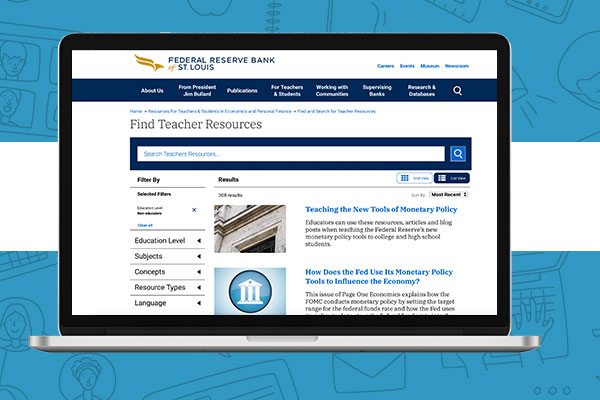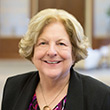Self-education Helps Consumers Avoid Financial Pitfalls
A version of this opinion piece appeared May 17, 2022, in the St. Louis Post-Dispatch.
Imagine that you hopped into your car to drive to the Land of Wealth and Happiness, except your car doesn’t have a steering wheel, the windshield is covered with mud and you’re actually sitting in the back seat. That’s akin to where many people are these days on the road of financial capability. Research shows that many people know little about managing their money, according to a 2016 report on financial knowledge in the Journal of Consumer Affairs. Only 35% of individuals in Missouri and Illinois can correctly answer four or five basic financial knowledge quiz questions, according to the FINRA National Financial Capability Study. In both states, about a fifth of respondents reported that their household spent more than their income in the past year and fewer than half said they had a rainy day fund, the FINRA survey also found.
Women Face Wealth Obstacles
The knowledge and wealth deficits are sometimes more pronounced for women, the Journal of Consumer Affairs study showed, in part because many have added financial demands or employment and earning gaps due to caring for children. Divorce is another obstacle that reduces women’s wealth.
When you factor in that women live longer, will therefore need more money to retire, and on average earn 82 cents per dollar compared with men, according to a St. Louis Fed analysis, the financial future is cloudy for some women.
To complicate matters, women of color on average possess significantly less wealth than white men and women alike, the St. Louis Fed analysis finds. This means that even if women of color invest at the same rate as their white counterparts, they are investing less because they earn less, further putting their golden years at risk of becoming doldrum years.
When women actively manage their money, they tend to have lower risk tolerance when making financial decisions such as about investing, according to a 1997 study by researchers at Colorado State University. A 2014 survey by BlackRock Inc. showed that only 41% of women respondents felt knowledgeable about investing and 53% had started saving for retirement.
While being conservative with investment decisions isn’t unwarranted, if women are overly cautious, they run the risk of having too little savings for retirement and depleting their funds over their generally longer lifespans.
Divorce can further exacerbate the problem of lower savings and wealth levels for women. Compared with divorced men, divorced women have disproportionately larger losses in household income. That puts them at greater risk for living in poverty, particularly if they have children to support, according to a 2018 study in Demography.
“Gray divorce” (splits by couples age 50 or older) are especially hard on women’s wealth, dropping their standard of living by 45%, versus only 21% for men, according to a 2020 study in the Journals of Gerontology.
Women Can Benefit from Financial Education
These data clearly suggest that women could benefit from personal finance education, and recent research from the Global Financial Literacy Excellence Center shows that better financial behaviors are linked with broader financial knowledge. Better and more education would provide a foundation for women that would allow them to achieve a higher level of financial well-being, add to their self-confidence, and enable them to take actions necessary for building wealth.
While more financial education may not solve race, wage and wealth gaps, it can help people make the best use of what they earn and promote more financial stability. The St. Louis Fed has free online economic and personal finance resources in English and Spanish for children and adults. They are available at stlouisfed.org/education.
Why not start now? Your future depends on it.
The views expressed are those of the author and do not necessarily reflect official positions of the Federal Reserve Bank of St. Louis or the Federal Reserve System.
This blog explains everyday economics and the Fed, while also spotlighting St. Louis Fed people and programs. Views expressed are not necessarily those of the St. Louis Fed or Federal Reserve System.
Email Us



